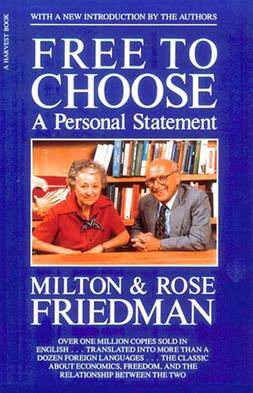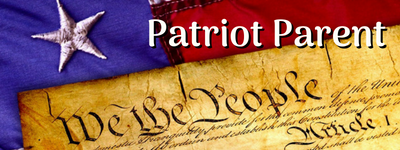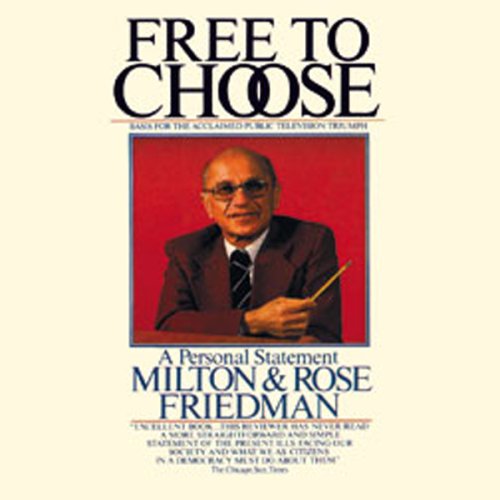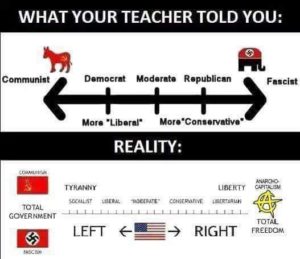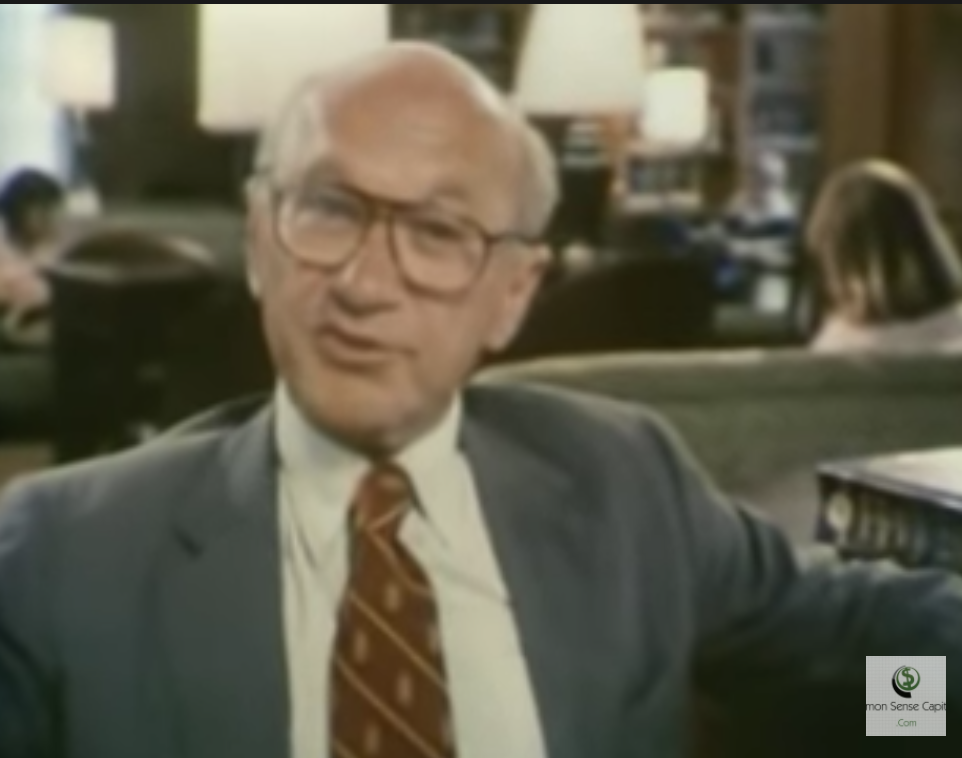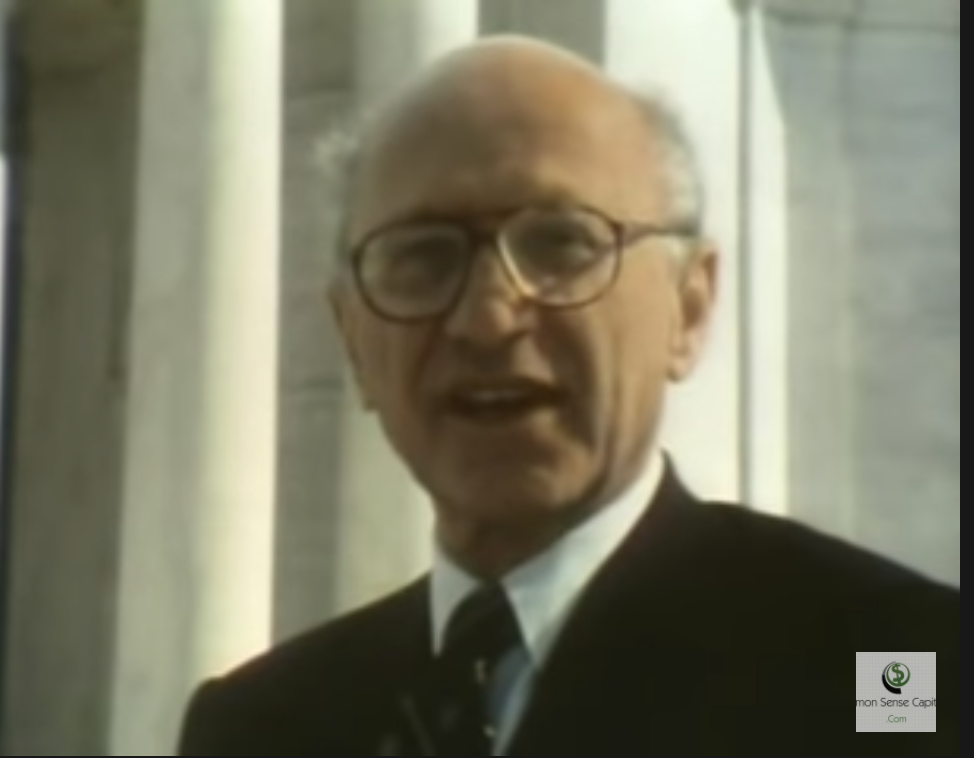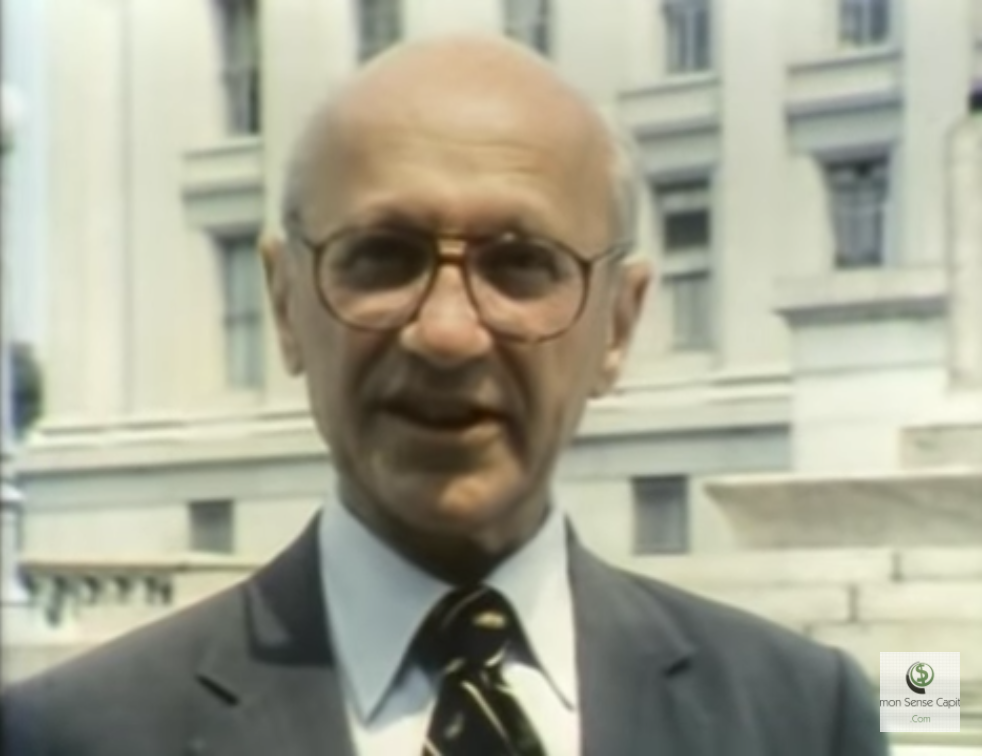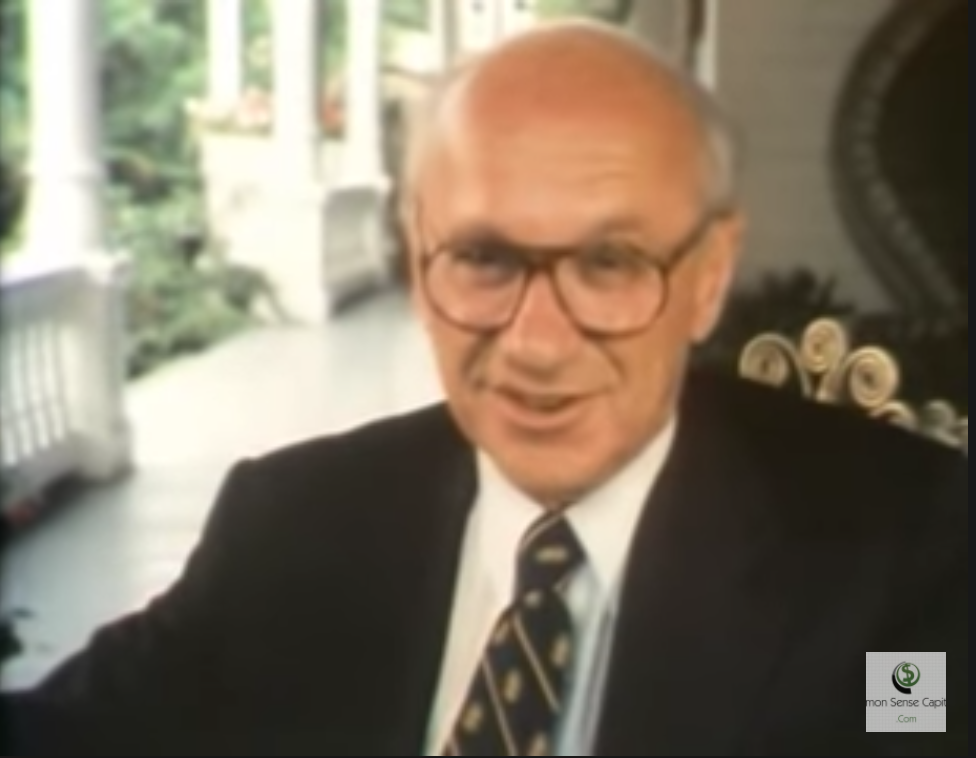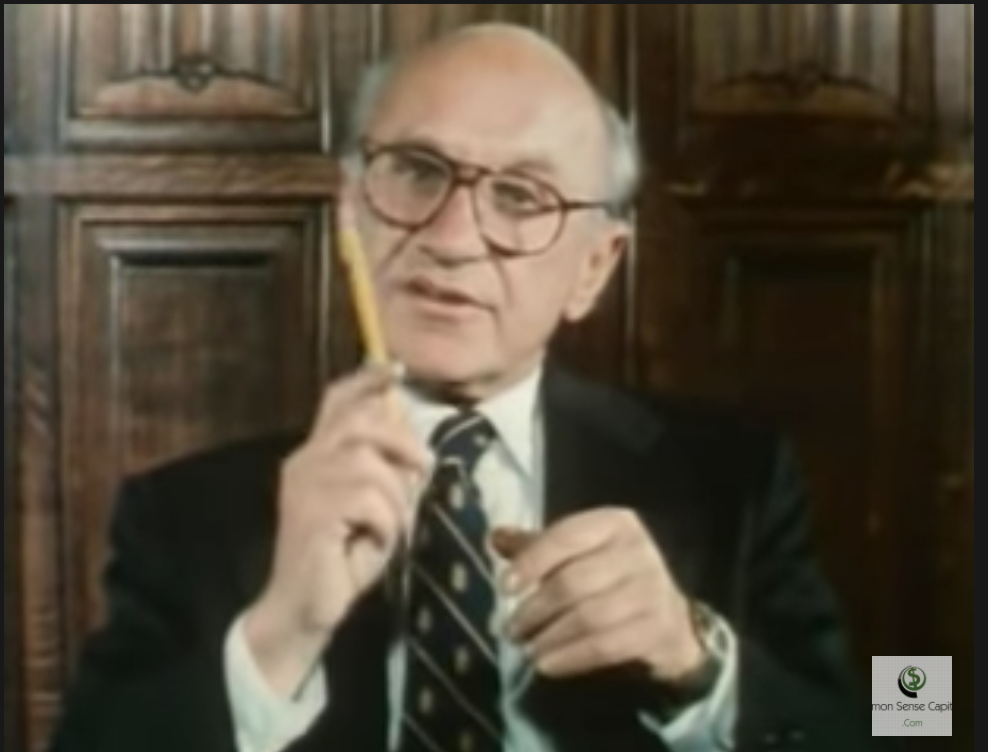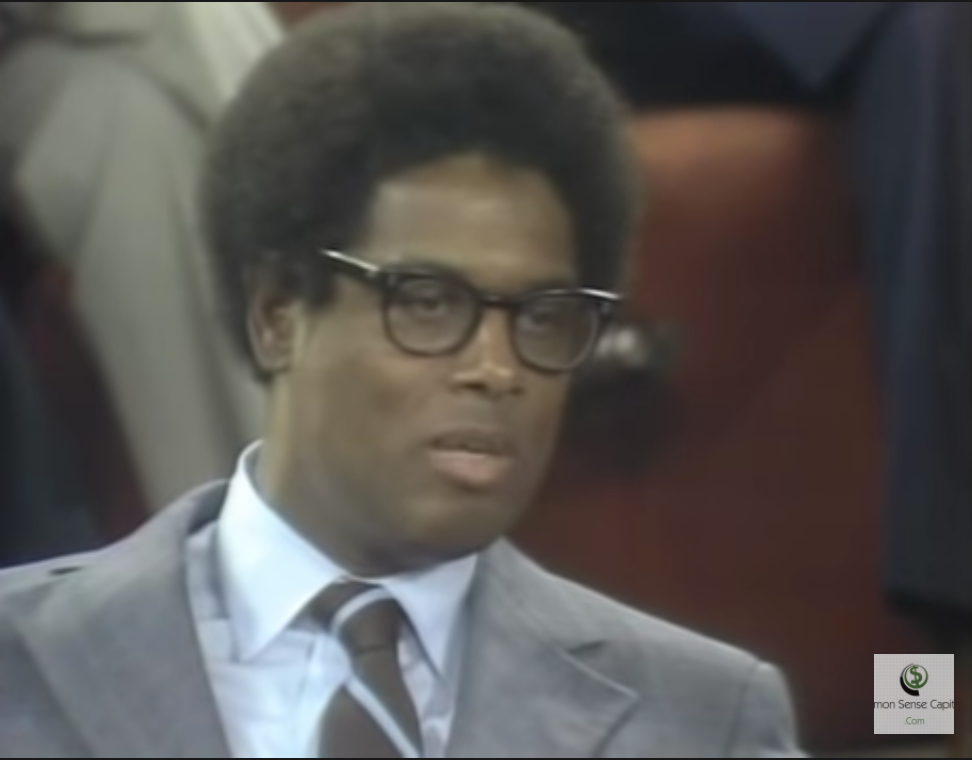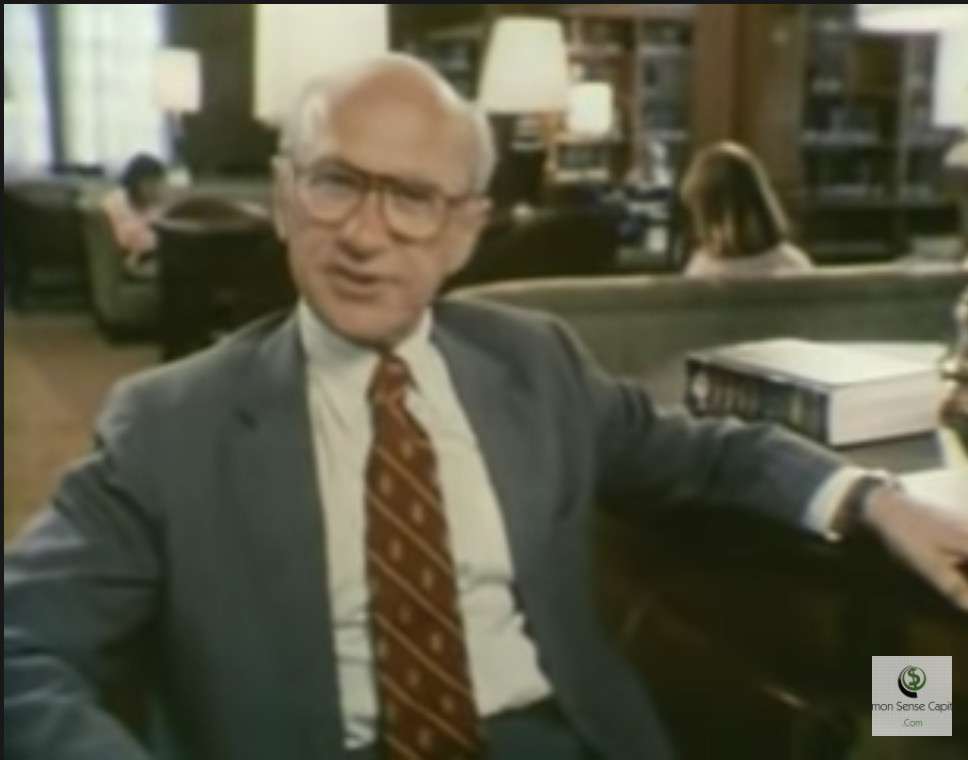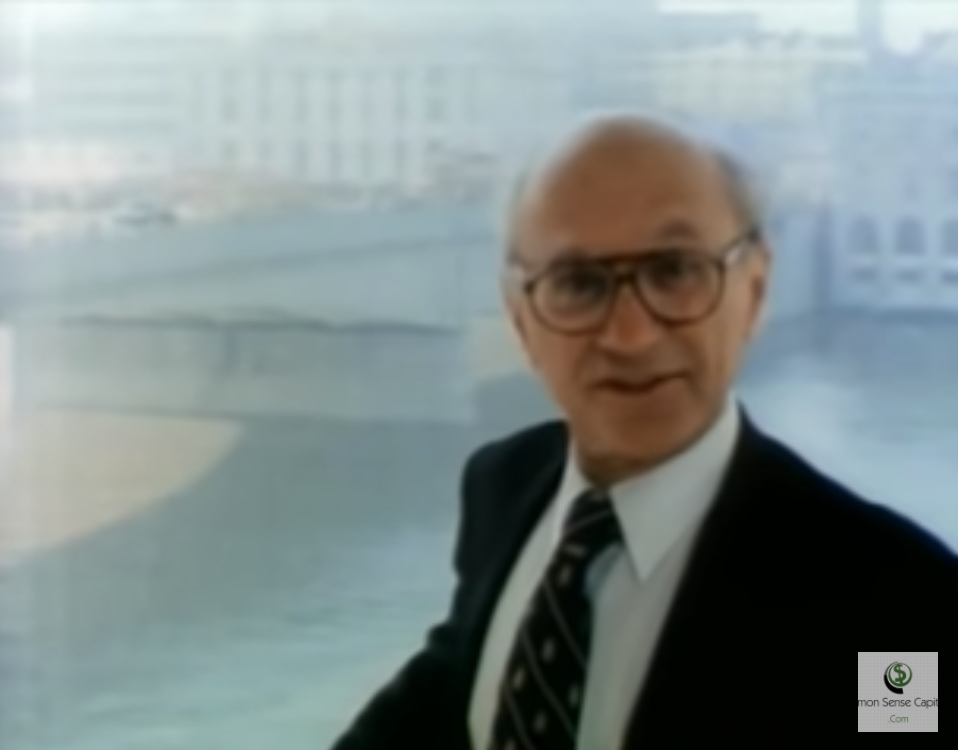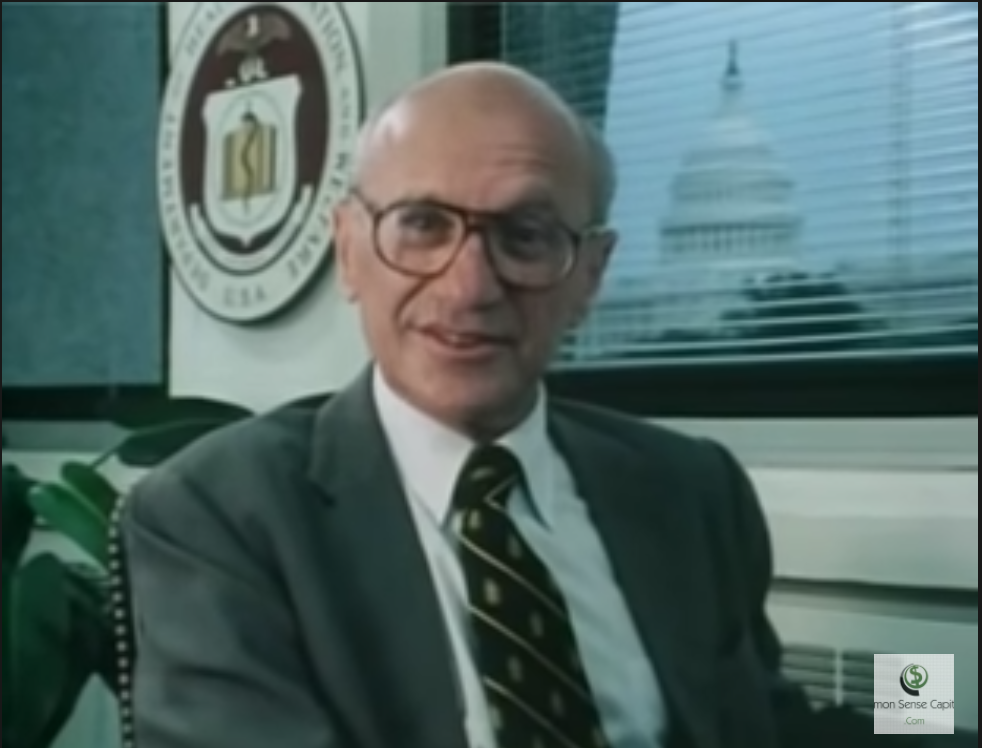Free to Choose: A Personal Statement (1980) is a book by economists Milton and Rose D. Friedman, accompanied by a ten-part series broadcast on public television, that advocates free market principles. It was primarily a response to an earlier landmark book and television series The Age of Uncertainty, by the noted economist John Kenneth Galbraith. Milton Friedman won the Nobel Memorial Prize in Economics in 1976.
Free to Choose: A Personal Statement maintains that the free market works best for all members of a society, provides examples of how the free market engenders prosperity, and maintains that it can solve problems where other approaches have failed. Published in January 1980, the 297 page book contains 10 chapters. The book was on the United States best sellers list for 5 weeks.
PBS broadcast the programs, beginning in January 1980. It was filmed at the invitation of Robert Chitester, the owner of WQLN-TV. It was based on a 15-part series of taped public lectures and question-and-answer sessions. The general format was that of Milton Friedman visiting and narrating a number of success and failure stories in history, which he attributes to free-market capitalism or the lack thereof (e.g., Hong Kong is commended for its free markets, while India is excoriated for relying on centralized planning especially for its protection of its traditional textile industry). Following the primary show, Friedman would engage in discussion moderated by Robert McKenzie with a number of selected debaters drawn from trade unions, academy and the business community, such as Donald Rumsfeld (then of G.D. Searle & Company) and Frances Fox Piven of City University of New York. The interlocutors would offer objections to or support for the proposals put forward by Friedman, who would in turn respond. After the final episode, Friedman sat down for an interview with Lawrence Spivak.
The series was rebroadcast in 1990 with Linda Chavez moderating the episodes. Arnold Schwarzenegger, Ronald Reagan, Steve Allen and George Shultz give personal introductions for each episode. This time, after the documentary part, Friedman sits down with a single opponent to debate the issues raised in the episode.
Click here to download a PDF of the book.
